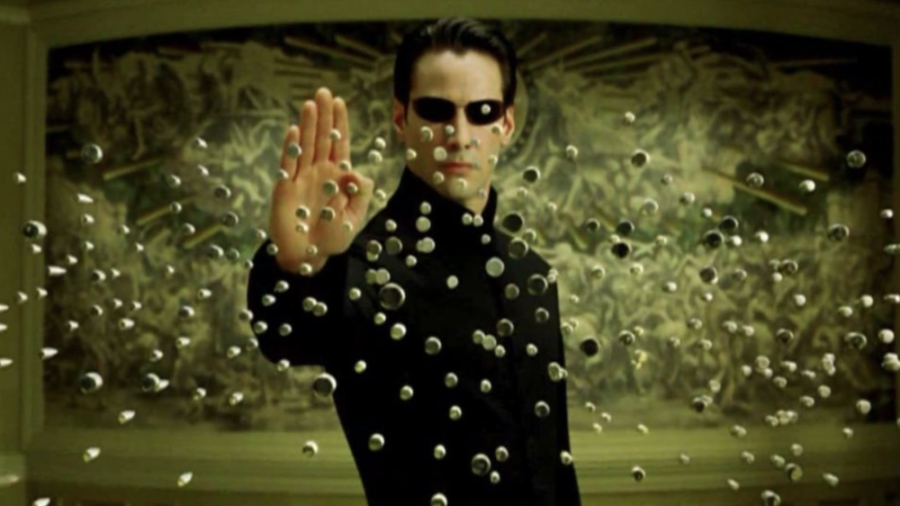The Matrix Is Real? New Research Delivers Startling Possibility

Are we living in a simulation? It’s a question that has weighed heavily on the minds of humanity ever since computers became widespread, especially after the release of the seminal sci-fi film The Matrix in 1999. Recently, a physicist at the University of Portsmouth in the United Kingdom proposed that it’s possible that we are living in a simulation based on a new physics theory that information has mass (via USA Today).
A physicist proposes a theory that information has energy and physical mass which, if true, could lend weight to the theory that we live in a Matrix-like simulation.
This research comes from Dr. Melvin Vopson, who based the theory on the concept that information is a fundamental building block of the universe that contains both energy and physical mass. This concept of information physics suggests that our physical reality is made up of bits of information, which could suggest we live in a simulation similar to the Matrix.
Vopson also studied digital data storage and an RNA genome to discover that data systems don’t appear to follow the second law of thermodynamics, which says that naturally occurring processes will result in a loss of energy or entropy.
Vopson actually observed nearly the opposite reaction, as information systems seem to see a decrease in entropy when processes occur, which he called the second law of information thermodynamics. He applied his findings to several fields of study, including the simulation hypothesis.
David Kipping, an astronomer at Colombia University, proposed that the odds of us living in the Matrix are roughly 50/50…
His paper on the matter proposes that the removal of access information in our reality is similar to how a computer might delete excess information to improve processing power or make storage space — in other words, making the Matrix we live in more efficient.
Of course, theories are still just that — theories. Vopson made sure to iterate this point, saying, ”It doesn’t prove entirely that,” but also adding, “It is one possibility.”

While this information physics research is new, the concept of simulated realities certainly isn’t. Outside of popular media like The Matrix, there have been various academic papers and studies on the concept as well.
Simulation theory likely isn’t going anywhere, so maybe one day, there will be a clearer answer as to the nature of our reality.
It became a popular concept in academia after philosopher Nick Bostrom of the University of Oxford wrote a paper in 2003 detailing the possibilities of a simulated reality and the possibility that we could be living in the Matrix.
As Bostrom pointed out, it’s theoretically possible to simulate anything on any scale if you have enough processing power. If there were a highly advanced simulation, it would be technically feasible for it to create a simulated reality.
Of course, at least for now, it’s nearly impossible to prove or disprove this theory. In 2020, David Kipping, an astronomer at Colombia University, proposed that the odds of us living in the Matrix are roughly 50/50, with a slight lean toward the side of us not living in a simulation. In other words, we might be living in a simulation, but we also might not be.
Simulation theory likely isn’t going anywhere, so maybe one day, there will be a clearer answer as to the nature of our reality. Of course, if we did indeed find out we were living in a simulated reality, would things really change all that much?
Just like in The Matrix, there would probably be plenty of people just fine taking the blue pill and going about their (possibly simulated) life.












